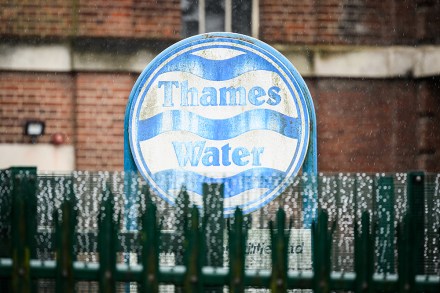In praise of Michael O’Leary
NatWest has returned to full private-sector ownership 17 years after the £46 billion bailout that took it into state hands – and five years after the name swap which reduced the once globally trumpeted Royal Bank of Scotland to a humble north-of-the-border branch network, while promoting its English subsidiary NatWest to become the parent brand. RBS shareholders who were almost wiped out but hung on to what are now NatWest certificates have seen their shares triple in value since 2023, finally surpassing the bailout price. HM Treasury took a £10.5 billion loss on the whole rescue exercise, which required a decade-long series of placements and buybacks to filter the taxpayers’


